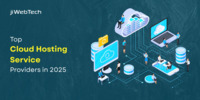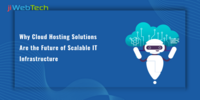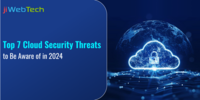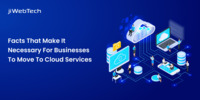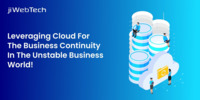- Jan 02, 2025
- Cloud Hosting
- 5454
Share this post on:
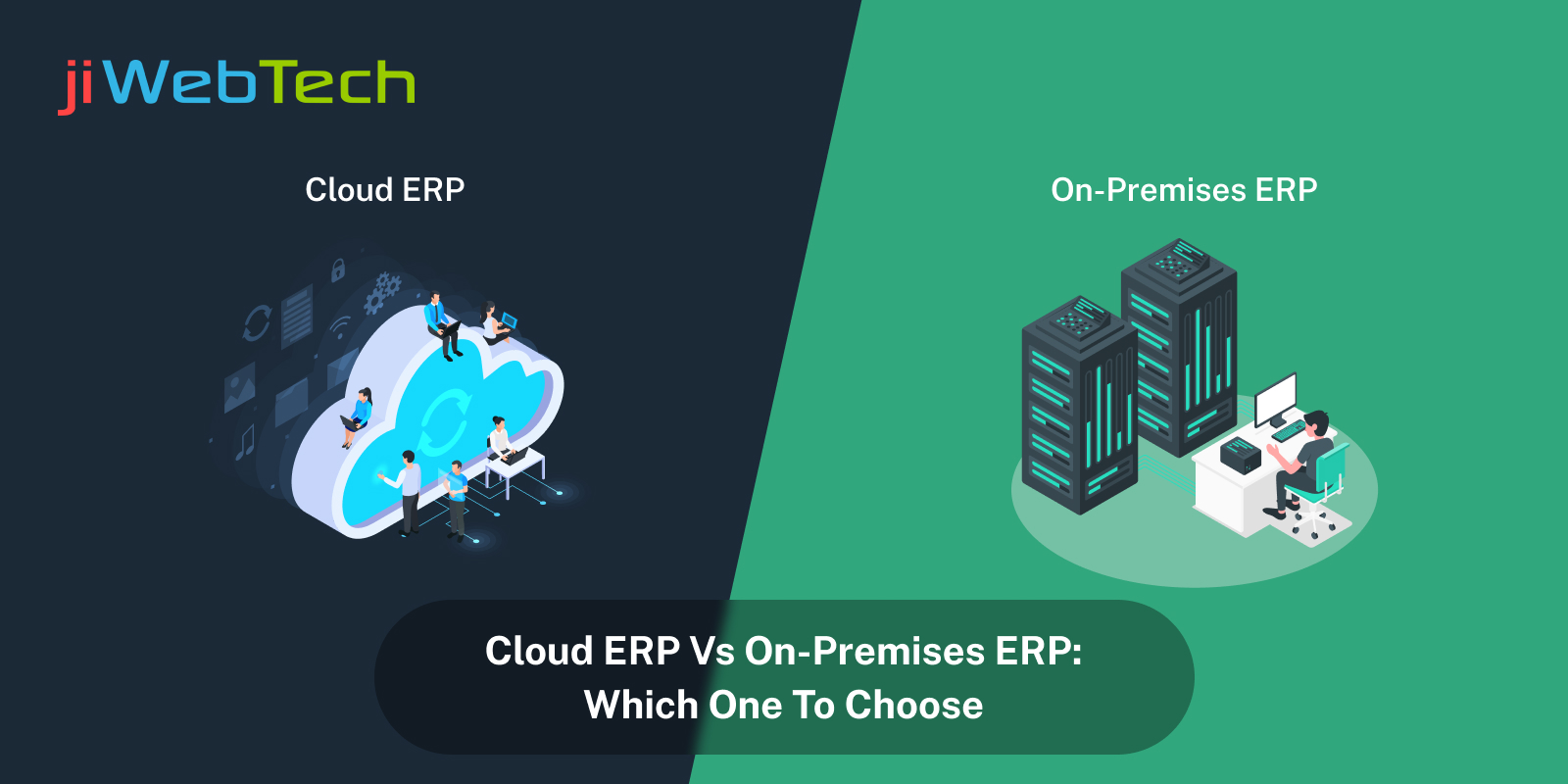
Are you looking forward to growing your business by introducing an ERP system into your business? But choosing the right kind of ERP software is a challenging task. It is very essential to consider your needs and to make the right choice of whether your business needs a cloud-based ERP solution or the one that is available locally.
Although with time the cloud-based ERP system is gaining more popularity still there are many reasons why small-sized or midsize businesses should consider every key point while opting the software solution. The basic difference between on-premise ERP and Cloud ERP is that the on-premise ERP solutions are installed locally on your company's hardware and servers which are then managed by the IT staff while the cloud ERP or SaaS (Software as a Service) is provided a service.
To choose the right kind of software solution for running your business it is essential to know the advantages and disadvantages of each type of ERP system.
How the Two ERP Solution Differ From Each Other?
Cost: When considering the cost, the on-premise ERP system demands a lot of investment and cost to purchase and manage the software. Also, the software requires an experienced team of IT professionals who are proficient in handling the issues related to software, servers, and facilities. It is essential that the IT team spends a significant amount of time to check the working of the system and to keep the software updated. On the other hand, cloud-based ERP software can be installed into your system at an affordable cost.
The software gets implemented as per your requirement that can then be accessed through the computer's internet connection. Also, cloud-ERP software offers additional advantages like maintenance of IT infrastructure, security of data, enhancement of product etc. This helps the IT resources to be used for developing innovative things that help your business to grow effectively. In all, cloud-based ERP software makes better cash flow management and better planning.
Customization and Integration: The customization feature is easily available in a cloud-based system. You can pick the one that offers you better facilities and goes with your business needs and requirements. You can customize and integrate the on-premise system as well but the feature is available with added cost. Also, the added customization feature requires to rework on the development of the software.
System Performance and Accessibility: When considering the performance, cloud-ERP offers better performance than an on-premises solution. The architecture of cloud software is done to offer better application availability than traditional on-premises ERP systems. This makes cloud ERP software solution more adaptive that is able to meet your needs in a better way. Also, the cloud-based ERP solution offers real-time data that can be accessed using the internet anywhere at any time. Thus the cloud-based ERP software solution offers better performance and greater accessibility and more security as well.
Speed: One of the biggest advantages of ERP software solution over the On-premises ERP is better speed. The cloud ERP does not require additional hardware, thus prevent you from investing hours on installing and downloading it in IT infrastructure. The deployment time of Cloud ERP is 3-6 months while the On-Premise ERP takes 12 months of deployment time.
Choose The Best
Every business is unique and so do their needs, so while choosing a new ERP system it is good to choose and pick the right software solution that offers fewer limitations and more security. Also, it is important to choose the software that is available at less cost. So it is good to look at all the above factors and make a smart decision while choosing an ERP software solution system.





